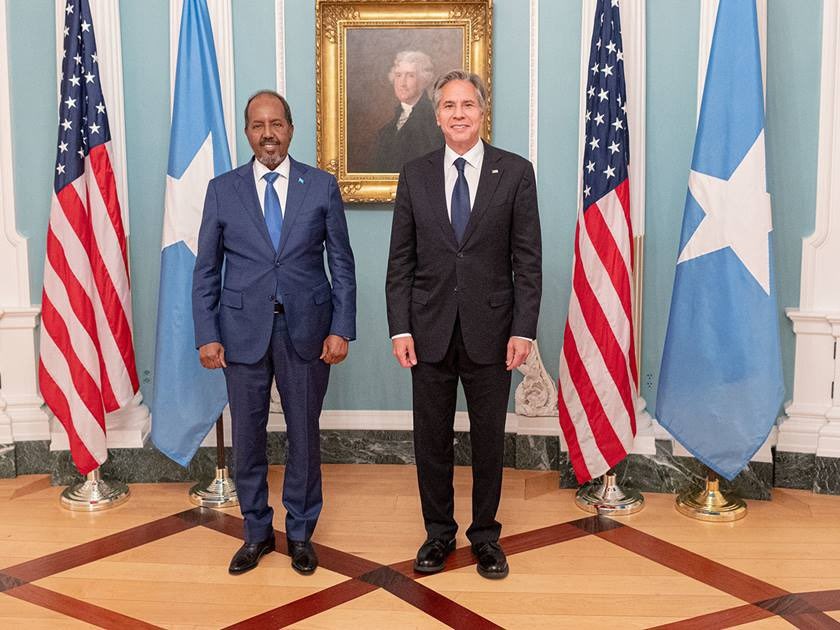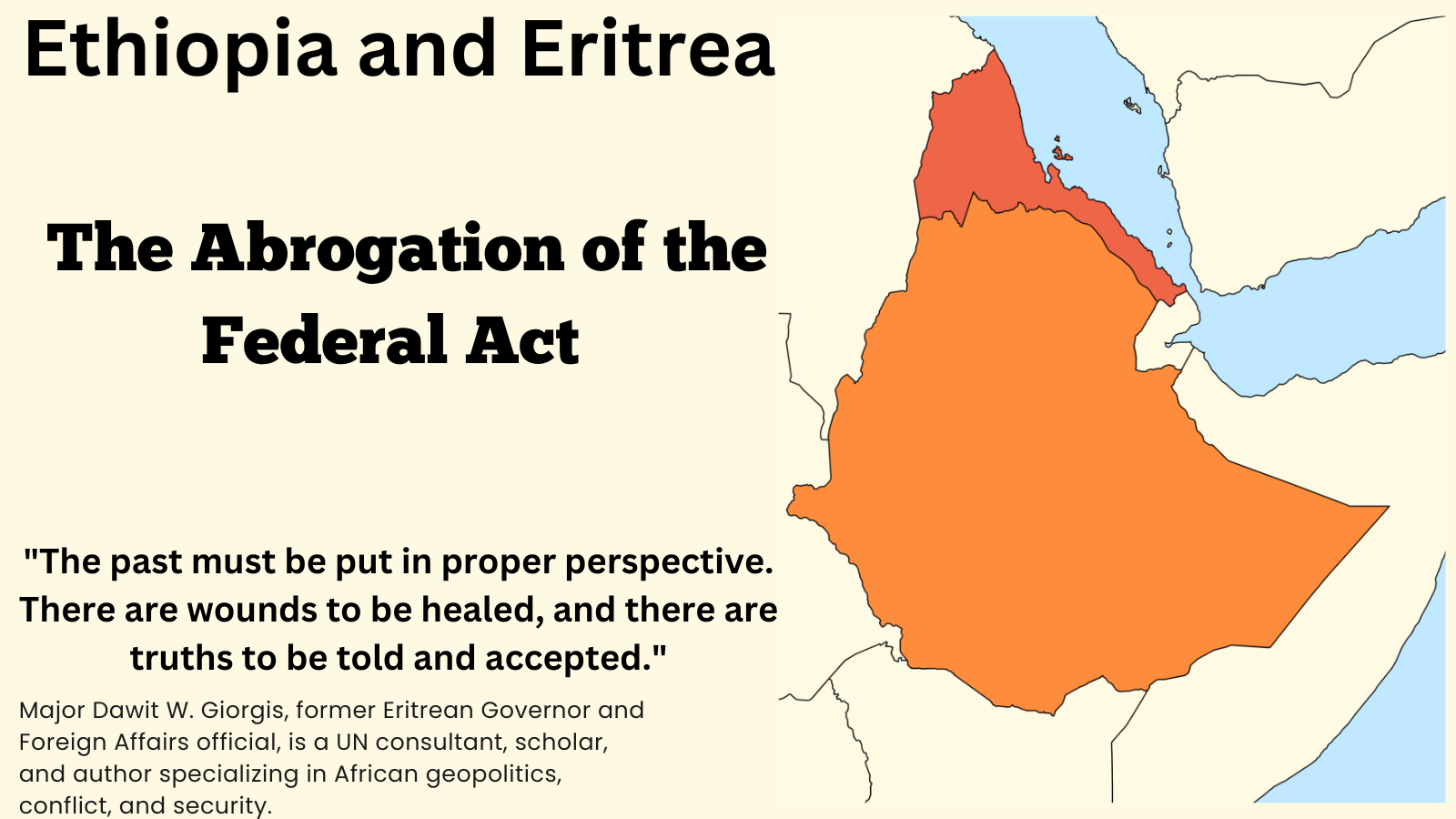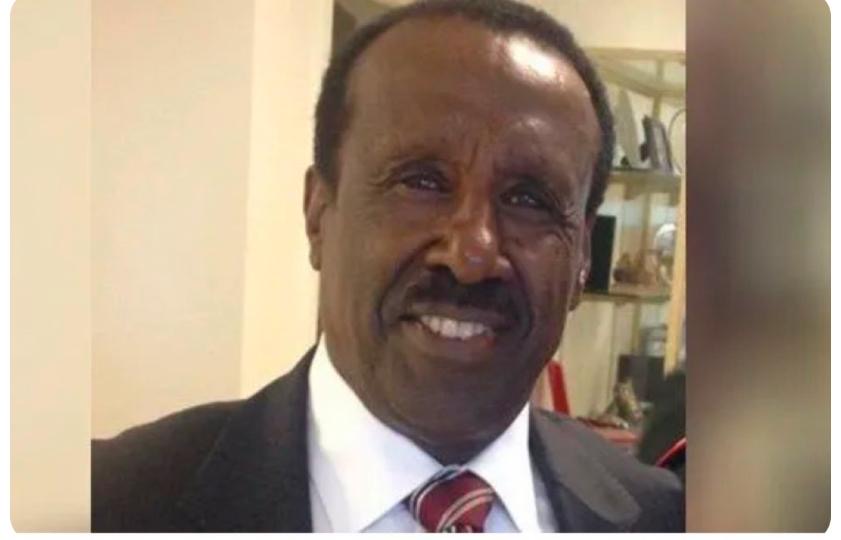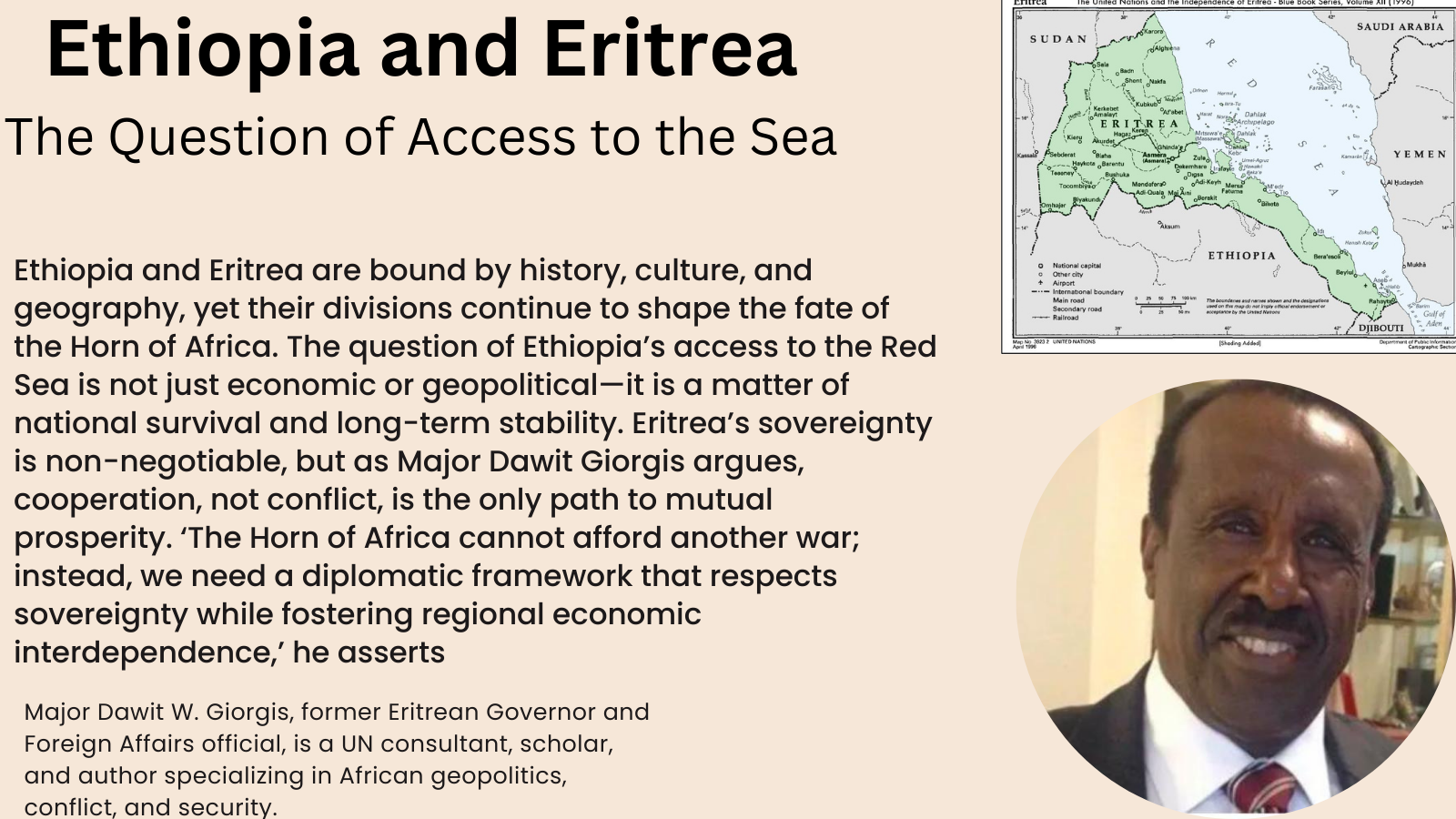
Mogadishu, Somalia:- In a significant move to strengthen bilateral ties and regional security, US Secretary of State Antony J. Blinken held discussions with Somali President Hassan Sheikh Mohamud on shared security interests in the Horn of Africa. The talks focused on reducing regional tensions, enhancing counterterrorism efforts, and planning for a successor to the African Union Transition Mission in Somalia (ATMIS).
The leaders also emphasized the crucial role of the UN Assistance Mission in Somalia (UNSOM).
The discussion comes amid recent military developments in Somalia. On May 31, the US military conducted an airstrike in Somalia’s Puntland region, killing three Islamic State militants.
The operation, carried out in coordination with the Federal Government of Somalia, took place in a remote area near Dhaardaar, approximately 81 km southeast of Bosaso. According to the United States Africa Command (AFRICOM), no civilian casualties were reported.
Adding to the evolving security landscape, Somalia’s National Security Advisor, Hussein Sheikh-Ali, announced on Friday that the complete withdrawal of Ethiopian troops from Somalia is anticipated by the end of December 2024. Hussein Sheikh-Ali confirmed that these forces would not be involved in AU-led missions following the conclusion of ATMIS in December.
Somalia is actively negotiating with international partners to form multinational forces that will take over operational responsibilities starting in January 2025. This strategic reconfiguration marks a pivotal shift in Somalia’s approach to peacekeeping and stability operations, aiming for a more diverse and inclusive security framework.
These developments come at a time when Ethiopia’s government finds itself increasingly isolated from strategic geopolitical interests in the region. Ethiopia’s strained relations with some of its neighbors have limited its influence on broader regional security dynamics. As a result, Somalia’s move to diversify its security partnerships and engage more robustly with international forces represents a critical adjustment in the Horn of Africa’s security architecture.
These shifts underscore Somalia’s commitment to enhancing its security through international collaboration and a focus on sustainable peace and stability, reflecting the changing geopolitical landscape of the region.




